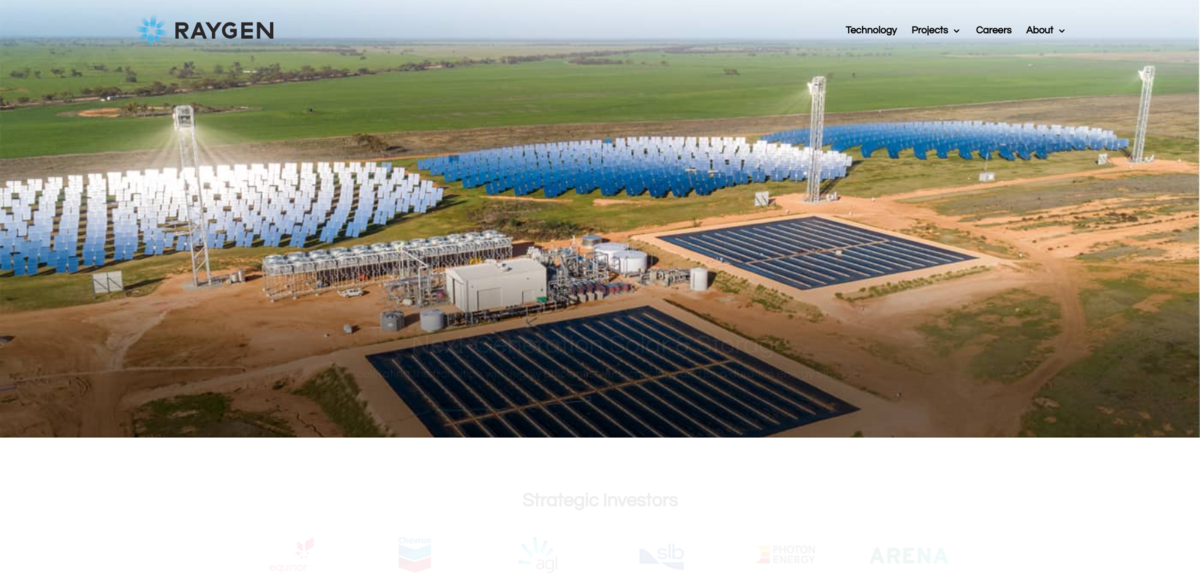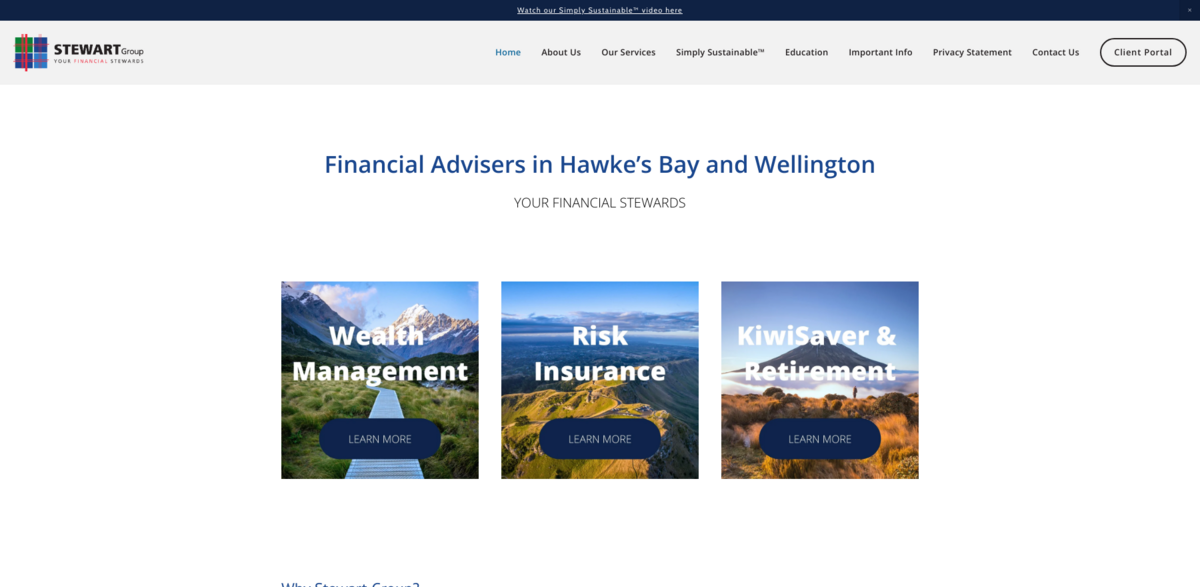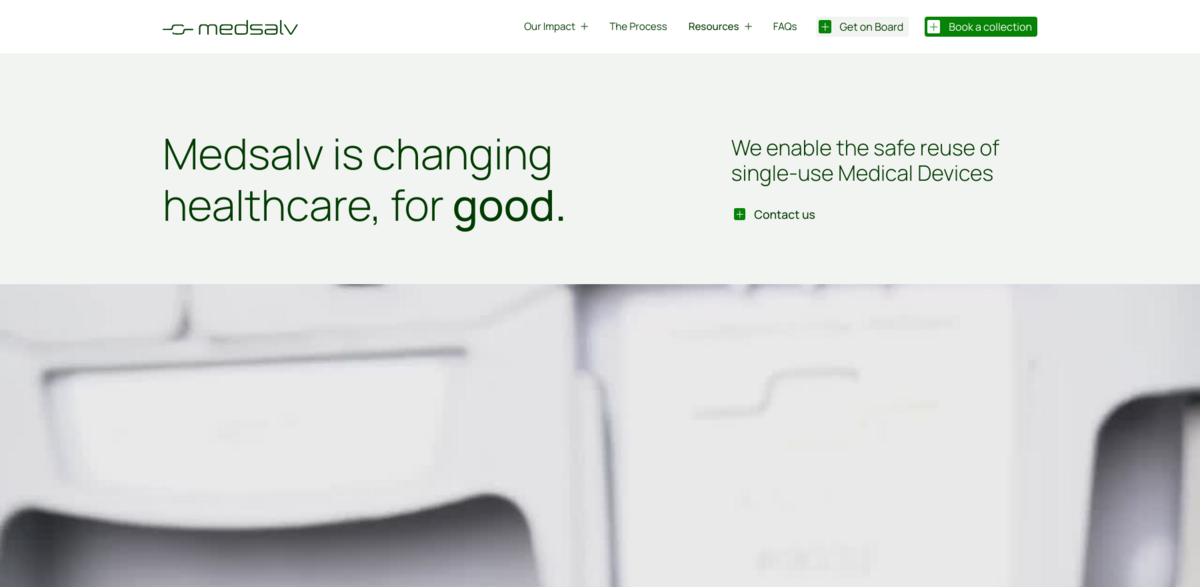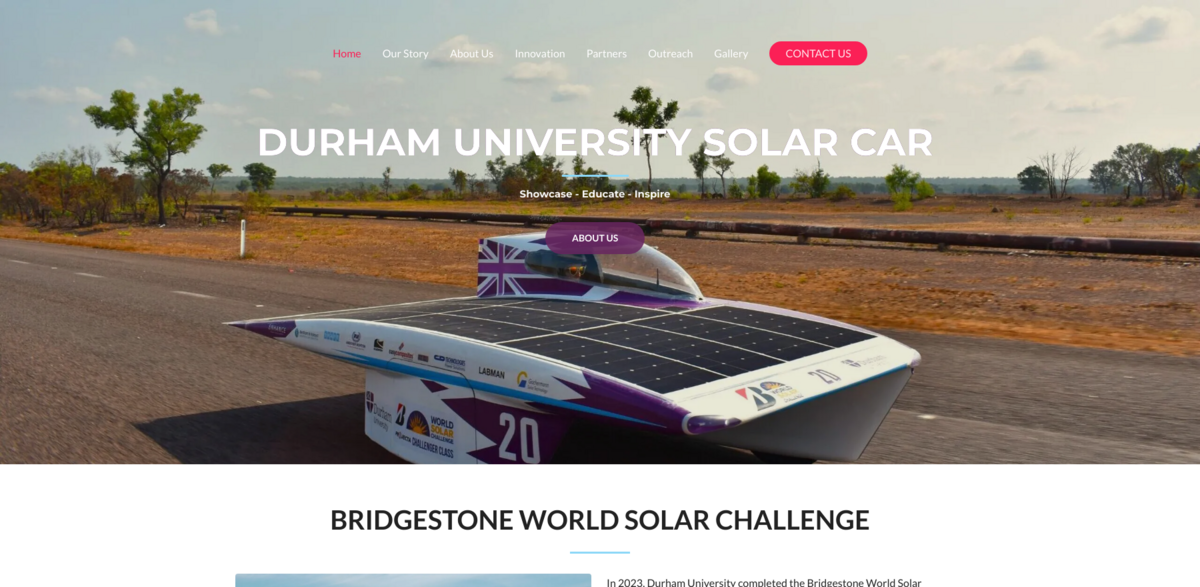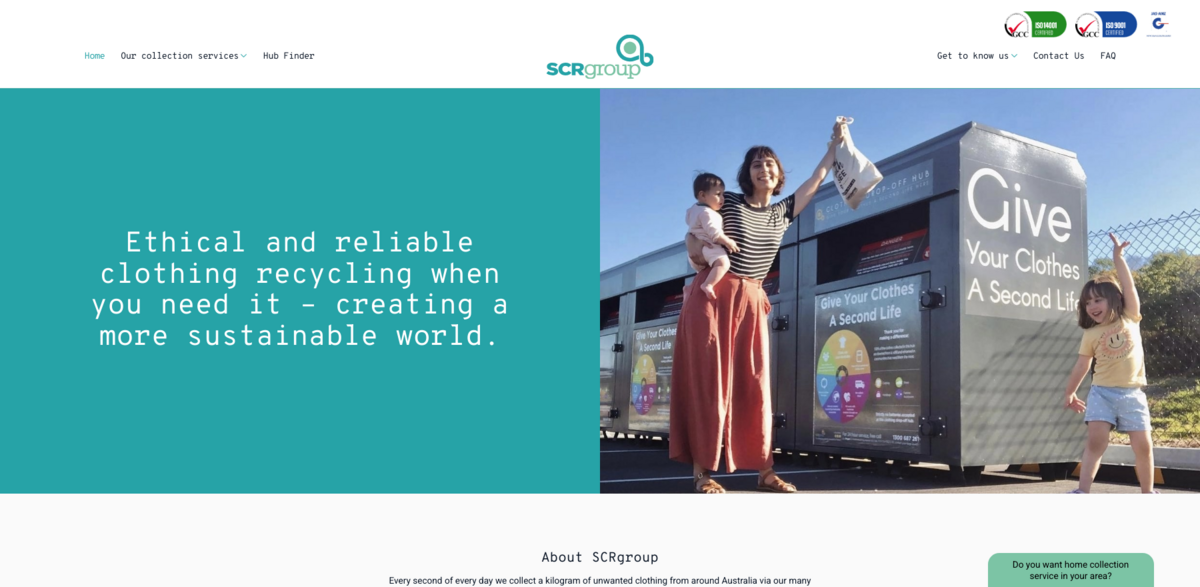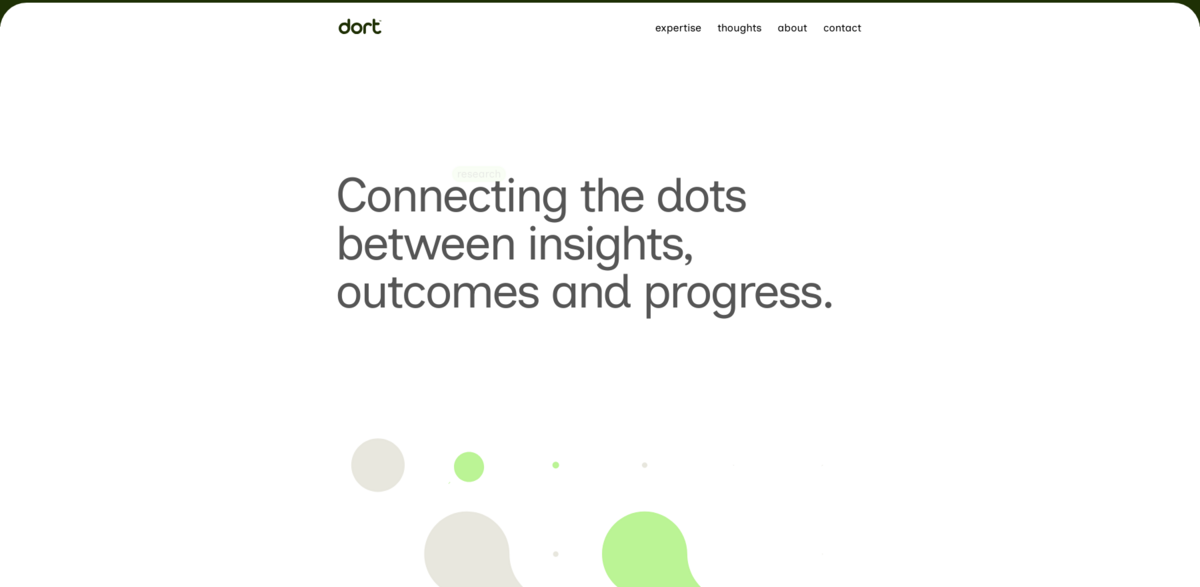SDG 17: Partnerships for the Goals
Sustainable Development Goal 17 (SDG 17), a crucial part of the United Nations’ Agenda 2030, focuses on strengthening the global partnership for sustainable development. It calls for collaborative action from governments, businesses, civil society, and individuals to address the complex challenges of global sustainability. SDG 17 emphasizes the importance of building partnerships to achieve all the Sustainable Development Goals (SDGs), ensuring that no one is left behind.
Achieving the Agenda 2030 targets cannot be done by individual countries or sectors alone. It requires global cooperation and the pooling of resources and expertise. SDG 17 is vital because:
✅ It fosters collaboration between governments, the private sector, and civil society.
✅ It ensures resource mobilization through financing and technology transfer.
✅ It builds capacity, empowering communities to address their own challenges.
✅ It strengthens global partnerships to work towards common goals.
How Can We Achieve SDG 17?
Achieving SDG 17 involves:
🌍 Strengthening partnerships between various sectors and stakeholders.
🌍 Enhancing financial resources through international support and investment.
🌍 Promoting technology transfer to developing countries for sustainable solutions.
🌍 Fostering knowledge sharing, innovation, and capacity building.
🌍 Building trust and transparency in international collaborations.

Innovative Solutions for SDG 17: Companies & Initiatives Supporting Global Partnerships
SDG 17 requires active global partnerships, effective resource mobilization, and cooperative action to achieve sustainable development. Many organizations, international institutions, and NGOs are working together to share knowledge, mobilize funding, and implement joint solutions to advance the SDGs.
From cross-border financial collaborations, sustainable development funding initiatives, and knowledge-sharing platforms, these partnerships are driving global progress towards a shared future.
👉 Explore these impactful partnerships and see how you can contribute to the success of SDG 17. Together, we can make a difference! 🌍🤝
10 projects in Australia contributing to SDG 17
-
RayGen: Innovative Solar and Storage Solutions for Clean Energy
RayGen is at the forefront of solar energy innovation, offering advanced solar and storage solutions that deliver reliable, dispatchable renewable energy. Their technology combines high-efficiency solar generation with long-duration energy storage, making it a game-changer for sustainable energy applications. With projects like the Carwarp power plant and a commitment to sustainability, RayGen is paving the…
-
Stewart Group: Trusted Financial Advisors in New Zealand
Stewart Group is a family-owned financial advisory firm in New Zealand, dedicated to providing personalized, fee-only financial advice. With over 38 years of experience, they focus on client-centered solutions tailored to individual goals. Their expertise spans wealth management, retirement planning, and ethical investments, ensuring clients receive unbiased guidance. Stewart Group’s commitment to sustainability and community…
-
Medsalv: Enabling Sustainable Reuse of Medical Devices
Medsalv is changing healthcare by enabling the safe reuse of single-use medical devices. Their innovative approach not only reduces waste but also saves hospitals money while supporting local economies. With facilities in New Zealand and Australia, Medsalv is making a significant impact on sustainability in healthcare. By promoting a circular economy, they are helping to…
-
Duffle&Co: Ethically Made Bags and Accessories from New Zealand
Duffle&Co is a New Zealand-based family-run business specializing in ethically made bags and accessories. Committed to sustainability, they support artisans and use innovative materials. Their products range from duffles to bespoke corporate gifts, all crafted with care and purpose.
-
XSun: Innovating Sustainable Aerial Solutions with Solar-Powered UAVs
XSun is redefining aerial solutions with its SolarXOne UAV, a fully electric and solar-powered drone designed for diverse missions. With up to 12 hours of endurance and a unique tandem wing design, it offers a sustainable alternative for industries ranging from environmental monitoring to security. XSun’s commitment to clean technology aligns with global sustainability goals,…
-
Durham University Electric Motorsport: Innovating Solar-Powered Racing
Durham University Electric Motorsport (DUEM) is the UK’s leading solar car team, dedicated to designing, building, and racing solar-powered vehicles. With a focus on innovation and sustainability, DUEM engages students in STEM while promoting renewable energy solutions. Their achievements include notable placements in international solar challenges and extensive community outreach efforts.
-
Inter Fuzi International: Natural and Scientific Skincare Solutions
Inter Fuzi International focuses on natural and scientific skincare solutions, sourcing patented ingredients globally. Their commitment to sustainability and health makes them a leader in eco-friendly products. With collaborations like Le Charme, they ensure high-quality skincare that respects both people and the planet. Their holistic approach prioritizes natural ingredients, scientific research, and sustainable practices, making…
-
SCR Group: Transforming Unwanted Textiles into Sustainable Solutions
SCR Group is dedicated to giving unwanted textiles a second life. By collecting and redistributing clothing across Australia, they significantly reduce landfill waste while supporting communities in need. Their initiatives promote sustainability and a circular economy, making it easy for everyone to contribute to responsible consumption.
-
Dort Studio: Crafting Impactful Solutions in Advertising and Market Research
Dort Studio is a dynamic player in the Advertising and Market Research industry, focusing on impactful solutions through research, design, and technology. With a commitment to sustainability and social responsibility, they partner with diverse clients to innovate and improve society. Their expertise in service design, data engineering, and user experience makes them a trusted ally…
-
Pella Funds Management: Responsible Investing for Sustainable Returns
Pella Funds Management is an employee-owned investment firm dedicated to responsible investing. Founded in 2005, they focus on delivering sustainable returns while adhering to ethical principles. Their unique approach balances long-term wealth creation with short-term opportunities, ensuring lower volatility and consistent outperformance. With tailored funds for Australian and New Zealand investors, Pella is committed to…
Find SDG 17 Projects in your country! Where are you located?
Agriculture & Food Argentina Arts & Culture Australia Austria Belgium Brazil Canada Communities Conservation & Biodiversity Construction & Infrastructure Education Energy Fashion Finance France Governance & Policy Health & Well-being housing Mobility & Transport Netherlands Packaging SDG 1 SDG 2 SDG 3 SDG 4 SDG 5 SDG 7 SDG 8 SDG 9 SDG 10 SDG 11 Services & Consultancy Solar energy Spain Switzerland Technology Tourism United Kingdom United States Waste & Recycling water Water management Wind energy zero waste
FAQ on SDG 17: Partnerships for the Goals (Agenda 2030)
1. What is SDG 17?
SDG 17: Partnerships for the Goals is the seventeenth goal of the United Nations’ Sustainable Development Goals (SDGs) under Agenda 2030. It focuses on strengthening partnerships between governments, the private sector, and civil society to mobilize resources, share knowledge, and collaborate for achieving the SDGs.
2. Why is SDG 17 important?
SDG 17 emphasizes global collaboration for sustainable development. It is critical because no single entity or nation can achieve the SDGs alone. By creating global partnerships, we can pool resources, share expertise, and work together towards common objectives.
3. What are the key targets of SDG 17?
Key targets include:
- 17.1: Strengthen domestic resource mobilization to improve public finance.
- 17.2: Ensure developed countries meet the target of 0.7% of GNI in official development assistance.
- 17.3: Mobilize additional financial resources for developing countries.
- 17.6: Enhance the global partnership for technology transfer.
- 17.8: Increase the accessibility of information and communications technology for all.
4. How does SDG 17 relate to Agenda 2030?
SDG 17 is the foundation that supports all the other SDGs. It calls for collaborative action to ensure global solidarity, financial resources, and knowledge exchange for the successful implementation of the entire Agenda 2030.
5. What are the biggest challenges to achieving SDG 17?
Some key challenges include:
- Limited financial resources in developing countries.
- Political instability that hinders international cooperation.
- Inequitable access to technology between developed and developing nations.
- Lack of capacity-building efforts for local communities to engage in the process.
6. How can governments help achieve SDG 17?
Governments can:
- Increase financial contributions to development assistance.
- Foster international cooperation through policy and diplomatic efforts.
- Support technology transfer and capacity-building programs.
- Engage with the private sector to encourage investment in sustainable development.
7. What role do businesses play in SDG 17?
Businesses can:
- Invest in sustainable development initiatives.
- Collaborate with governments and NGOs on global development projects.
- Share technology, innovation, and resources with developing nations.
- Promote corporate social responsibility by supporting partnerships for the SDGs.
8. How can individuals contribute to SDG 17?
Individuals can:
- Support initiatives that promote global collaboration for the SDGs.
- Advocate for partnerships between governments, businesses, and civil society.
- Donate to development organizations and contribute to knowledge-sharing.
- Participate in global movements for sustainability and equity.
9. How is progress on SDG 17 measured?
The UN tracks SDG 17 through indicators such as:
- Official development assistance from developed countries.
- Foreign direct investment (FDI) to developing countries.
- Technology transfer and capacity-building initiatives.
- Global trade flows that contribute to sustainable development.
10. Can SDG 17 be achieved by 2030?
Yes, with strong global cooperation, financial investment, and commitment from all sectors (governments, businesses, and civil society), SDG 17 can help ensure a more sustainable, equitable world by 2030. However, challenges like geopolitical tensions, financial inequality, and global health crises need to be addressed for success.
Discover other Sustainable Development Goals (SDG) Initiatives :
- SDG 1: No Poverty – End poverty in all its forms everywhere.
- SDG 2: Zero Hunger – End hunger, achieve food security, improve nutrition, and promote sustainable agriculture.
- SDG 3: Good Health and Well-being – Ensure healthy lives and promote well-being for all at all ages.
- SDG 4: Quality Education – Ensure inclusive and equitable quality education and promote lifelong learning opportunities for all.
- SDG 5: Gender Equality – Achieve gender equality and empower all women and girls.
- SDG 6: Clean Water and Sanitation – Ensure availability and sustainable management of water and sanitation for all.
- SDG 7: Affordable and Clean Energy – Ensure access to affordable, reliable, sustainable, and modern energy for all.
- SDG 8: Decent Work and Economic Growth – Promote sustained, inclusive, and sustainable economic growth, full and productive employment, and decent work for all.
- SDG 9: Industry, Innovation, and Infrastructure – Build resilient infrastructure, promote inclusive and sustainable industrialization, and foster innovation.
- SDG 10: Reduced Inequalities – Reduce inequality within and among countries.
- SDG 11: Sustainable Cities and Communities – Make cities and human settlements inclusive, safe, resilient, and sustainable.
- SDG 12: Responsible Consumption and Production – Ensure sustainable consumption and production patterns.
- SDG 13: Climate Action – Take urgent action to combat climate change and its impacts.
- SDG 14: Life Below Water – Conserve and sustainably use the oceans, seas, and marine resources.
- SDG 15: Life on Land – Protect, restore, and promote sustainable use of terrestrial ecosystems, forests, and biodiversity.
- SDG 16: Peace, Justice, and Strong Institutions – Promote peaceful and inclusive societies, provide access to justice, and build effective institutions.
- SDG 17: Partnerships for the Goals – Strengthen the means of implementation and revitalize the global partnership for sustainable development.

